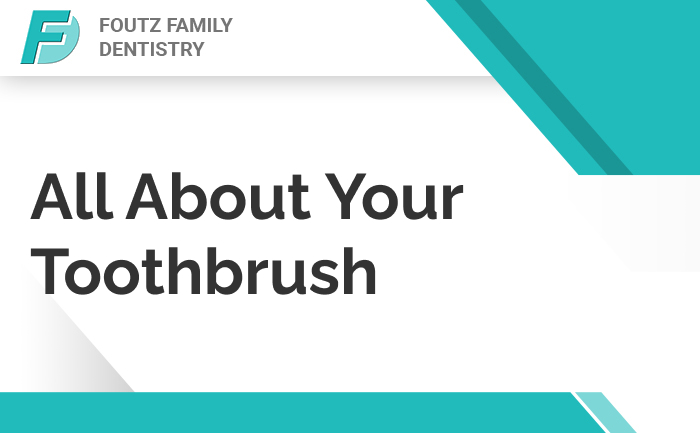
Choosing the right toothbrush is a vital part of proper oral hygiene. It’s easy to get overwhelmed with the brushes on the market today, but this guide will help you pick the best brush for your mouth.
Manual vs. Electric
The first decision people make when deciding on a toothbrush is whether they want an electric toothbrush or a manual one. Both choices offer benefits depending on your personal preference and needs.
Some people simply choose the toothbrush style they like best. If you’re using the toothbrush properly and it has the ADA seal of approval, it’s a good option. Other than personal preference, the following features cause people to choose electric over manual:
- Many electric toothbrushes have pressure sensors, which can help if you brush too hard.
- Some electric toothbrushes have different brush settings, letting the bristles and head rotate in many directions or using pulsing motion in addition to the rotation.
- Most new electric toothbrushes have built-in timers that help you know how long to brush. This can be a great benefit if you struggle to brush for the full two minutes.
Bristles
Toothbrush bristles come in soft, medium, and hard. You can also choose between round and unrounded bristles. Many believe that hard bristles clean their teeth better, but they can be too rough on your enamel and cause you to brush too aggressively. Overly hard bristles can lead to gum recession when combined with hard brushing. Most people will have the best results with soft, rounded bristles.
Size and Shape
You should choose a toothbrush that is comfortable to hold and fits in your mouth correctly. If your toothbrush is too big, it won’t easily fit into the back of your mouth, making it hard to brush your molars. Most people like a brush head about an inch long and half an inch wide. However, you can also choose rounded brush heads if you prefer a smaller surface.
Proper Toothbrush Care
No matter what toothbrush you choose, you must care for it properly. To maintain proper oral hygiene, make sure you follow these care instructions for your brush:
- Store your toothbrush upright and out in the open to let the bristles airdry and prevent bacteria from growing between bristles.
- Rinse your toothbrush with warm water each time you brush your teeth to clear any bacteria between the bristles.
- Replace your toothbrush (or the head if it’s electric) every three to four months. This helps maintain proper bristle condition and keeps your teeth clean. If you’re sick or have an oral disease, replace it once you recover.
Final Thoughts
Choosing your toothbrush is a personal decision, which is why so many options exist. Make sure your toothbrush is cleaning your teeth properly without being too hard on them. If your brush is approved by the ADA and it’s comfortable to use, it’s a good option. If you have any questions about the right toothbrush, contact us, and our dental team will help you find the best brush for you.









